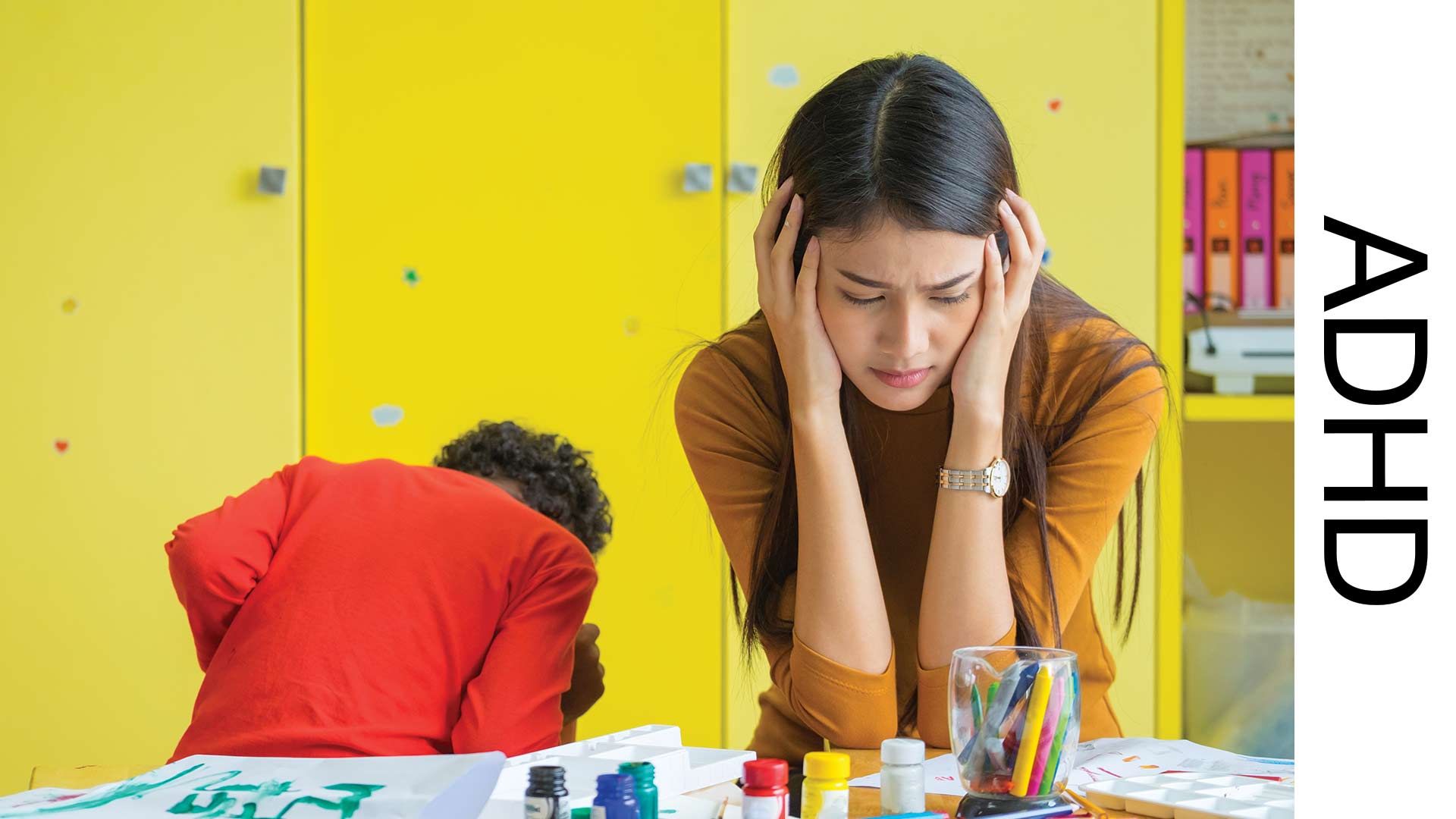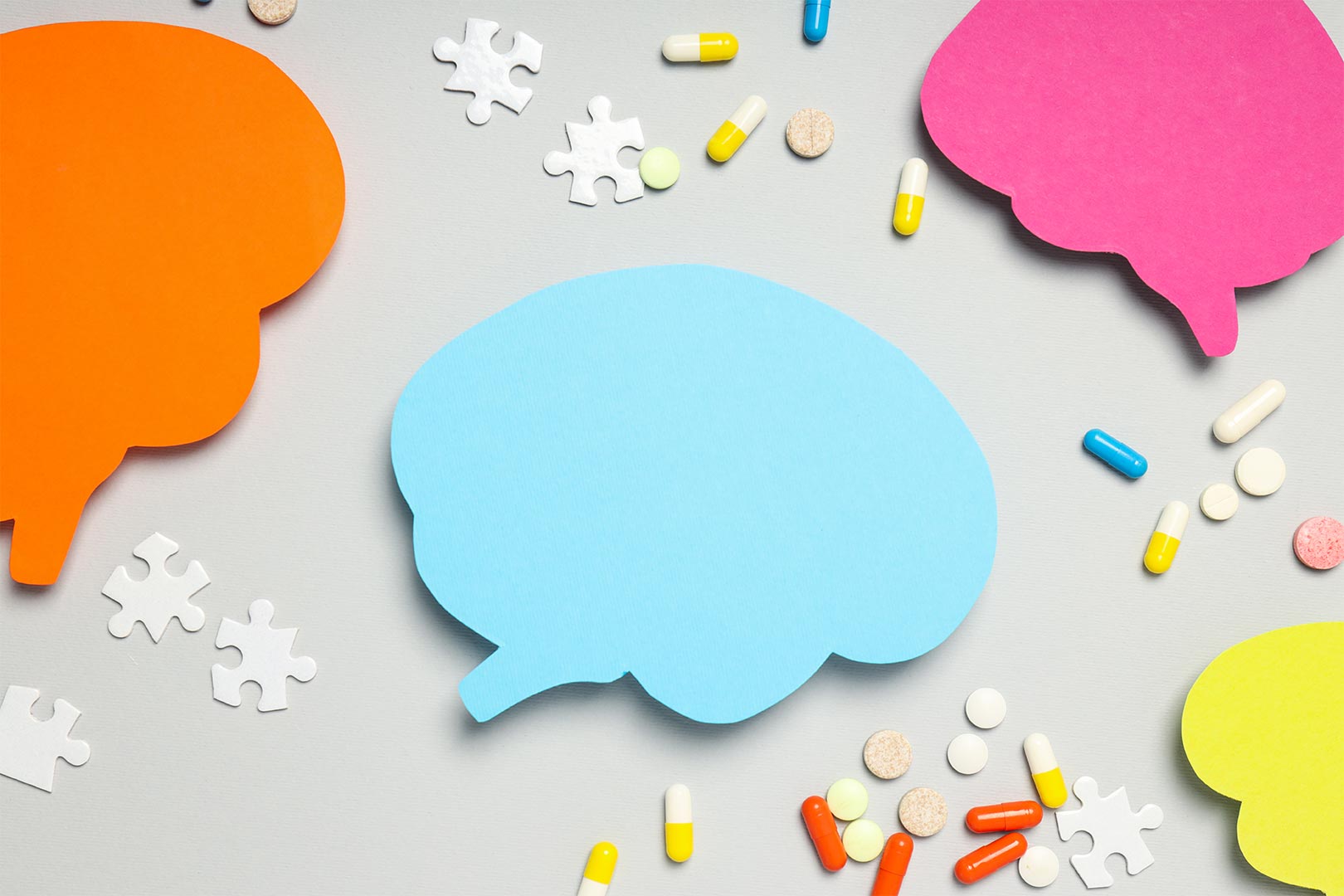Attention-deficit/hyperactivity disorder (ADHD) is a neurodevelopmental disorder characterized by inattention, hyperactivity, and impulsivity. It is one of the most common childhood mental disorders, affecting about 6.1 million children aged 4-17 in the United States. While ADHD is often diagnosed in childhood, it can persist into adulthood.
Symptoms of ADHD in children
Children with ADHD may experience a variety of symptoms, including:
- Inattention: Difficulty paying attention, being easily distracted, making careless mistakes, forgetting things, and having trouble organizing and completing tasks.
- Hyperactivity: Fidgeting, squirming, running or climbing excessively, and having trouble sitting still.
- Impulsivity: Blurting out answers, interrupting others, having difficulty waiting their turn, and acting without thinking.
Symptoms of ADHD in adults
Many of the same symptoms that children with ADHD experience can also persist into adulthood. However, adults with ADHD may be more able to mask their symptoms, especially in social situations.
Common symptoms of ADHD in adults include:
- Inattention: Difficulty paying attention, being easily distracted, making careless mistakes, forgetting things, and having trouble organizing and completing tasks.
- Hyperactivity: Fidgeting, squirming, and having trouble sitting still.
- Impulsivity: Blurting out answers, interrupting others, having difficulty waiting their turn, and acting without thinking.
In addition to these core symptoms, adults with ADHD may also experience:
- Difficulty controlling their emotions
- Difficulty managing their time and finances
- Problems in relationships
- Low self-esteem
- Substance abuse
Impact of ADHD on children and adults
ADHD can have a significant impact on the lives of children and adults who live with it. Children with ADHD may struggle in school, have difficulty making and keeping friends, and be more likely to experience accidents and injuries.
Adults with ADHD may have difficulty keeping a job, maintaining relationships, and managing their finances. They may also be more likely to experience depression, anxiety, and substance abuse.
If you think you or your child may have ADHD
If you are concerned that you or your child may have ADHD, it is important to talk to a doctor or mental health professional. ADHD is diagnosed using a variety of criteria, including behavioral assessments and interviews.
There is no cure for ADHD, but there are a number of treatments that can be effective. Treatment may include medication, therapy, or a combination of both.
Tips for managing ADHD symptoms
There are a number of things that children and adults with ADHD can do to manage their symptoms, including:
- Get organized: Create systems and routines to help you stay organized and on track.
- Break down large tasks into smaller ones: This will make them seem less daunting and more manageable.
- Set realistic goals: Don’t try to do too much at once. Set small, achievable goals and celebrate your successes along the way.
- Take breaks: Get up and move around every 20-30 minutes to avoid getting restless.
- Get enough sleep: When you’re well-rested, you’re better able to focus and control your impulses.
- Exercise regularly: Exercise is a great way to reduce stress and improve your overall mood and well-being.
If you have ADHD, it is important to remember that you are not alone. There are many people who live with ADHD and are successful in all areas of their lives. With the right treatment and support, you can manage your symptoms and thrive.





Leave A Comment